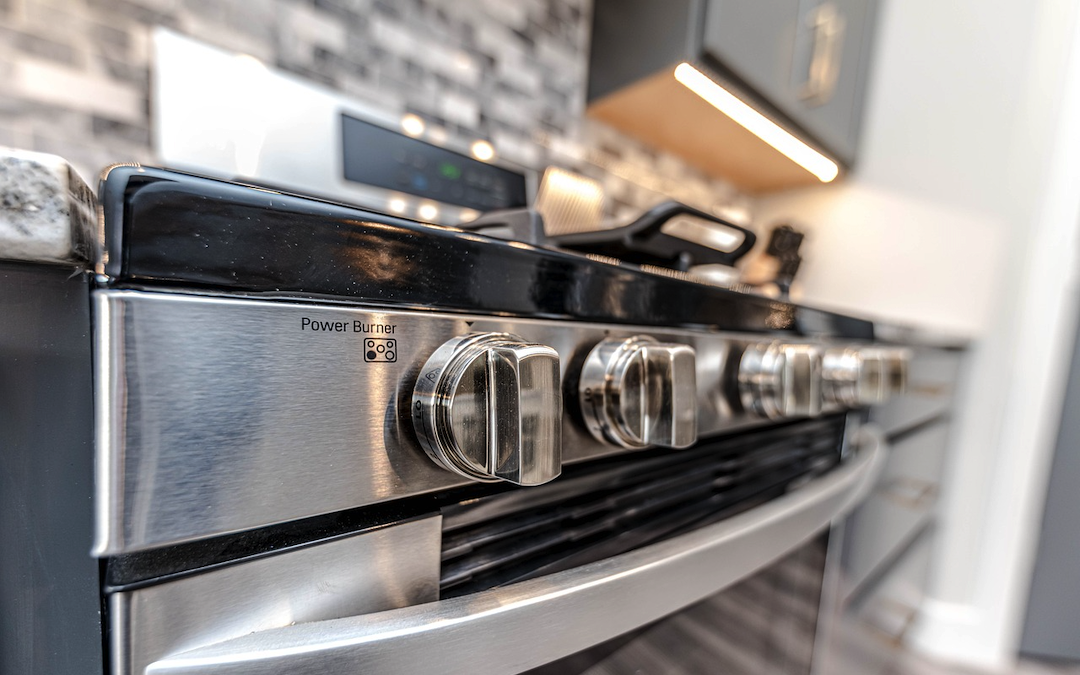
Appliance repair is the process of diagnosing and fixing malfunctions in household and commercial devices to restore their functionality. From refrigerators to washing machines, these essential appliances play a pivotal role in our daily lives, and keeping them in working order is crucial. This article explores what appliance repair entails, its benefits, and how to approach it effectively, whether through DIY efforts or professional services.
The Basics of Appliance Repair
Types of Appliances That Require Repair
Appliances fall into various categories based on their use:
- Kitchen Appliances: Devices like refrigerators, ovens, dishwashers, and microwaves are prone to wear and tear.
- Laundry Appliances: Washing machines and dryers often face issues related to motor wear or drainage problems.
- HVAC Systems: Air conditioners and heaters require specialized repair for mechanical and refrigerant issues.
- Small Appliances: Coffee makers and toasters may need minor fixes or component replacements.
Common Appliance Problems
- Electrical Issues: Broken wiring or faulty power supplies.
- Mechanical Failures: Worn-out belts, motors, or moving parts.
- Software Malfunctions: Errors in smart appliances requiring software updates or resets.
Tools and Equipment Used in Appliance Repair
Repairing appliances often involves:
- Hand Tools: Screwdrivers, pliers, and wrenches.
- Diagnostic Tools: Multimeters to test electrical continuity and leak detectors for HVAC systems.
- Specialized Tools: Brand-specific tools designed for unique appliances.
Benefits of Appliance Repair
Cost Efficiency
Repairing an appliance is often far cheaper than replacing it. For example, fixing a refrigerator compressor may cost $200–$300 compared to $1,000 for a new fridge.
Sustainability
Repairs reduce landfill waste, helping the environment by extending the life cycle of appliances.
Longevity
Timely repairs prevent further damage and extend an appliance’s usable lifespan.
Safety
Repairing potential hazards like faulty wiring or gas leaks ensures a safe home environment.
DIY vs. Professional Appliance Repair
When DIY Repairs Are Appropriate
Simple fixes, such as unclogging filters, replacing light bulbs, or tightening loose screws, are suitable for DIY. Consulting the appliance manual and online resources is essential for these tasks.
Risks of DIY Repairs
DIY can be risky if:
- The warranty is voided by improper handling.
- Electrical or gas components are mishandled, posing safety threats.
Benefits of Professional Repair Services
Professionals provide:
- Expertise and access to specialized tools.
- Warranties cover repairs.
- Quick resolution for complex issues, saving time and effort.
How to Choose a Reliable Appliance Repair Service
Finding a reputable appliance repair service can make all the difference when your essential devices malfunction. Whether it's a refrigerator that won't cool or a washing machine that won't spin, choosing a qualified and reliable repair technician ensures the job is done efficiently and safely. This guide will walk you through key factors to consider when selecting an appliance repair professional, trusted platforms to find reputable services, and warning signs to avoid to ensure a hassle-free repair experience.
Key Factors to Consider
- Certification: Ensure the technician is certified to repair your appliance brand.
- Experience: Look for professionals with years of experience.
- Customer Reviews: Research reviews on platforms like Yelp and Google.
Popular Platforms for Finding Repair Services
- Google: Search for local repair services.
- Yelp: Provides detailed customer reviews.
- Avi’s Best: A niche platform for specialized appliance repair services.
Red Flags to Avoid
- Unlicensed technicians or lack of proof of insurance.
- Ambiguous pricing structures or hidden fees.
- Poor communication or lack of professionalism.
Preventive Maintenance to Reduce Repair Needs
Regular Cleaning and Inspection
- Clean refrigerator coils, unclog washer filters, and wipe down ovens regularly.
- Inspect appliances for early signs of wear, such as unusual noises.
Following Manufacturer Recommendations
- Adhere to suggested maintenance schedules.
- Use appliances according to their instructions to prevent unnecessary damage.
Early Detection of Issues
- Watch for warning signs like inconsistent performance, leaks, or power interruptions.
- Address minor issues promptly to avoid costly repairs later.
The Future of Appliance Repair
Technological Advancements
Smart appliances and IoT technology are revolutionizing appliance repair:
- Remote Diagnostics: Apps that alert users to appliance issues.
- Smart Components: Devices that self-diagnose problems and suggest solutions.
Trends in Sustainability
- Repair-Friendly Designs: Companies are designing appliances that are easier to repair.
- Recycling Initiatives: Growing emphasis on refurbishing old appliances.
Role of Professional Training
As technology advances, technicians need to stay updated on:
- Certifications for modern appliances.
- Training in software diagnostics and troubleshooting.
Conclusion
Understanding appliance repair is essential for maintaining a functional and safe home. It offers cost-saving and environmental benefits while extending the lifespan of critical devices. Whether tackling simple DIY fixes or hiring professionals for complex issues, appliance repair ensures your devices remain reliable and efficient. Regular maintenance and proactive care can significantly reduce the need for repairs.
When the need arises, choosing a certified and experienced repair service can save time, money, and frustration. Embrace repair as a sustainable solution and keep your appliances in top-notch condition!
Share this post
Leave a comment
All comments are moderated. Spammy and bot submitted comments are deleted. Please submit the comments that are helpful to others, and we'll approve your comments. A comment that includes outbound link will only be approved if the content is relevant to the topic, and has some value to our readers.

Comments (0)
No comment